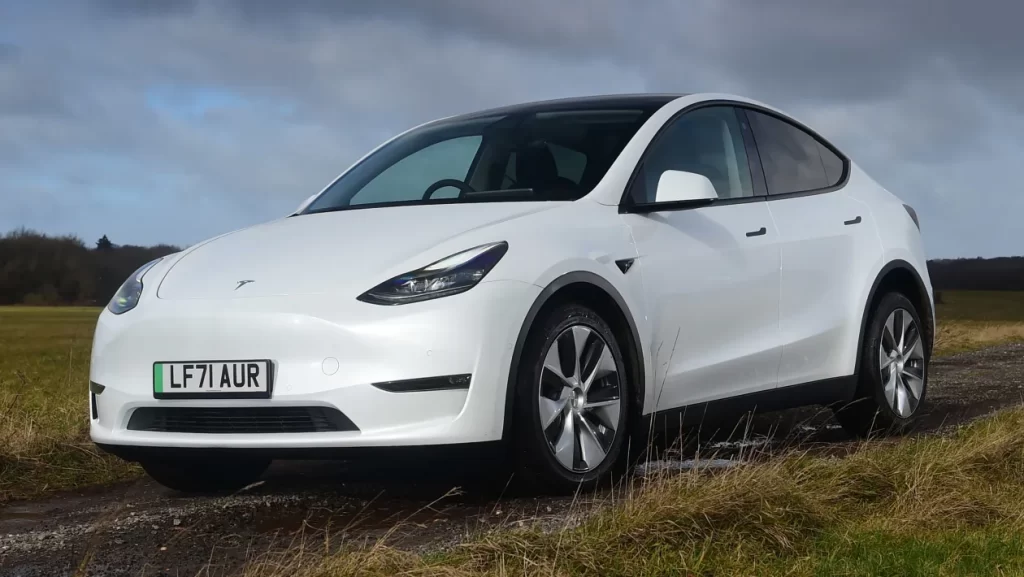Tesla, the world’s leading electric car manufacturer, finds itself at a critical juncture.
The anticipation surrounding its long-promised $25,000 model, aimed at maintaining its position at the helm of the electric vehicle market, faces uncertainty.
Recent reports suggest that the project might be shelved, raising concerns about Tesla’s future trajectory.
Despite this setback, Elon Musk, Tesla’s enigmatic CEO, holds a trump card: the utilization of Tesla’s extensive data repository to advance self-driving technology.
This strategic move epitomizes Musk’s penchant for audacious risk-taking.
The once rosy outlook of achieving a 50% annual growth rate until surpassing Toyota Motor now appears bleak for Tesla.
Declining car deliveries coupled with the emergence of formidable Chinese competitors like BYD and Xiaomi pose formidable challenges.
Tesla’s foothold in key markets, notably China and the United States, is eroding, with its market share dwindling below 7% in China and slipping beneath the 50% mark in the U.S.
Furthermore, profitability is on a downward trajectory, painting a grim picture for the company’s financial health.
Tesla’s ambitious endeavor to democratize electric transportation through its speculated “Model 2” faces formidable hurdles.
Despite aspirations to catalyze market expansion and reignite growth, the feasibility of offering affordable options remains dubious.
Chinese competitors have already forged ahead, unveiling compelling alternatives at lower price points.
Musk’s response, though fraught with challenges, involves navigating Tesla towards self-driving taxis, a decision underscored by a recent price reduction for its popular Model Y vehicle in the U.S.
Amidst speculation and market volatility, Musk’s denouncement of Reuters’ report on discontinuing the cheaper model underscores the high stakes involved.
Tesla’s valuation hinges significantly on anticipated auto sales growth, amplifying investor apprehensions amidst uncertainties.
However, Tesla’s substantial investment in data-driven technologies for self-driving capabilities serves as a potent asset.
Musk’s unwavering focus on leveraging this advantage underscores Tesla’s commitment to pioneering transformative innovations in transportation.
Ultimately, while the abandonment of the Model 2 project may alter Tesla’s trajectory, Musk remains undeterred in his pursuit of revolutionizing transportation.
Despite previous setbacks in delivering self-driving capabilities, Tesla’s pivot towards this technology underscores a strategic reorientation towards long-term viability and innovation.
